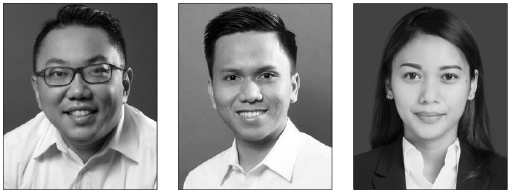 By Vincent Ariesta Lie, Towy Aryanosa and Putri Rachelia Azzura, Makarim & Taira S.
By Vincent Ariesta Lie, Towy Aryanosa and Putri Rachelia Azzura, Makarim & Taira S.
On February 12, 2019, the Minister of Laws and Human Rights (MOLHR) issued Regulation No. 2 of 2019 on The Settlement of Disharmony between Laws and Regulations through Mediation (MOLHR Reg 2/2019), which came into effect on February 14, 2019.
MOLHR Reg 2/019 replaces the previous regulation on the same subject, MOLHR Regulation No. 32 of 2017 on The Procedure for the Settlement of Disputes over Laws and Regulations through Non-Litigation.
Scope
MOLHR Reg 2/2019 reinstates the non-litigation settlement of disharmony issues between laws and regulations by introducing mediation. The types of laws and regulations between which disharmony can be resolved through mediation include:
- Ministerial regulations;
- Non-ministerial government institution regulations;
- Non-structural institution regulations; and
- Regional laws and regulations.
The above regulations can be submitted for mediation if they vertically and horizontally contradict each other and (i) cause disharmony between legal norms; (ii) conflicts of authority between ministries/institutions; (iii) cause injustice for communities and business actors; or (iv) disrupt the investment climate, business, as well as national and regional economic activities.
Mediation can commence upon receipt of the following:
- an application from the parties; or
- an order from the MOLHR; in which case, MOLHR will assign the Director General of Laws and Regulations (DGLR) to conduct the mediation without first receiving an application from any party.
Parties and applications
The following can apply for mediation:
- individuals or groups of individuals;
- agencies/institutions/ministries/non-ministerial government institutions/regional governments; and
- public/private entities.
The application must be submitted in writing in the Indonesian language, and provide at least the following information:
- the applicant’s identity;
- his/her/their date of birth/age;
- the type of laws and regulations for which mediation is being applied;
- the grounds for the application; and
- the matters to be resolved (petition).
The application must be submitted to the MOLHR with a copy to the DGLR. The DGLR will then assign a Preliminary Assessment Team — consisting of administrative officials at the Directorate for the Litigation of Laws and Regulations — to check the completeness of the application and then register the application. Otherwise, the application will be returned to the applicants to be completed. A copy of the application will then be delivered to the parties within seven days of the date of its registration.
In addition, Reg 2/2019 also defines Related Parties as those who have a direct interest in any mediation application, either in relation to their rights and/or authorities.
The mediation procedure
The mediation must be conducted in a public hearing and chaired by the Examining Panel, appointed and established by the DGLR. The Examining Panel has five members; three from the Ministry of Law and Human Rights and two from scholars.
The mediation procedure includes: (i) hearings of the testimony of the applicant and Relevant Parties, (ii) experts providing legal opinions, (iii) providing clarification to the parties and (iv) concluding and reading out the mediation result.
The mediation result can be:
- an agreement between the parties to be implemented within 30 calendar days or as agreed; or
- a recommendation from the MOLHR, if (i) the Relevant Parties were not present in the hearing(s); (ii) the parties did not reach an agreement; or (iii) the mediation was ordered by the MOLHR.
The parties must implement the recommendation within 60 calendar days of its receipt. Otherwise, the recommendation will be submitted to the President of the Republic of Indonesia within 30 calendar days of the expiry of the implementation time limit. The recommendation will then be used as a consideration for the program for the drawing up of the regulation of the minister, non-ministerial institution, non-structural institution, or law or regulation at regional level.
Comments
This procedure is different from court proceedings or judicial review at the Supreme Court or Constitutional Court, which rulings are enforceable. MOLHR Reg 2/2019 does not provide any clear and detailed provisions on how to enforce the mediation result, whether it is a recommendation issued by the MOLHR or an agreement between the parties.
In addition, the submission of the MOLHR’s recommendation to the President seems unusual, as ideally it should be submitted to the authorities which issued the disputed regulations. Further, MOLHR Reg 2/2019 is also silent on how the recommendation should be implemented after the President has received it.
We anticipate a problem may also arise if the MOLHR’s recommendation is not in the applicant’s favour, as under Article 16 of Reg 2/2019, mediation cannot be applied for if the issues are the same as those which have already been resolved through the mediation under MOLHR, unless the parties (ie the applicant and the relevant institutions stated above) agree to make amendments to their agreement.
![]()
E: vincent.lie@makarim.com
E: towy.aryanosa@makarim.com
E: putri.azzura@makarim.com
E: info@makarim.com
T: (62) 21 5080 8300
F: (62) 21 252 2750


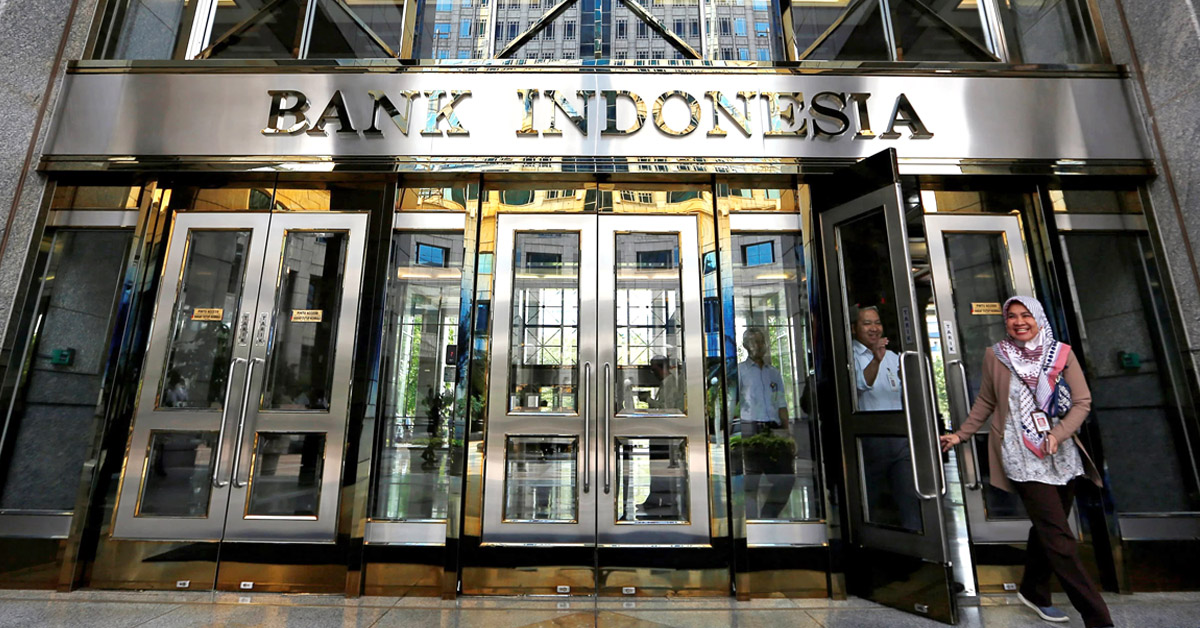
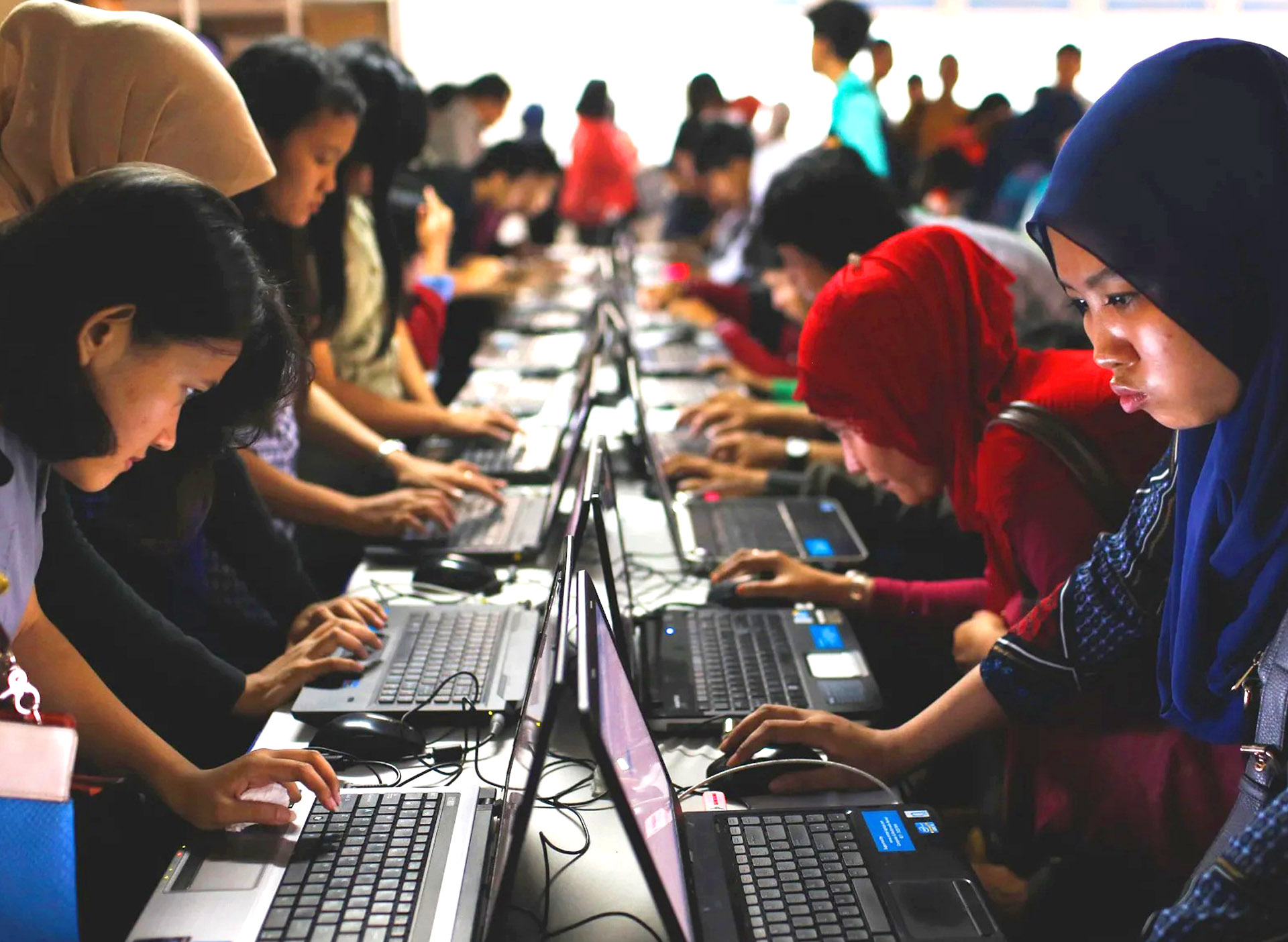


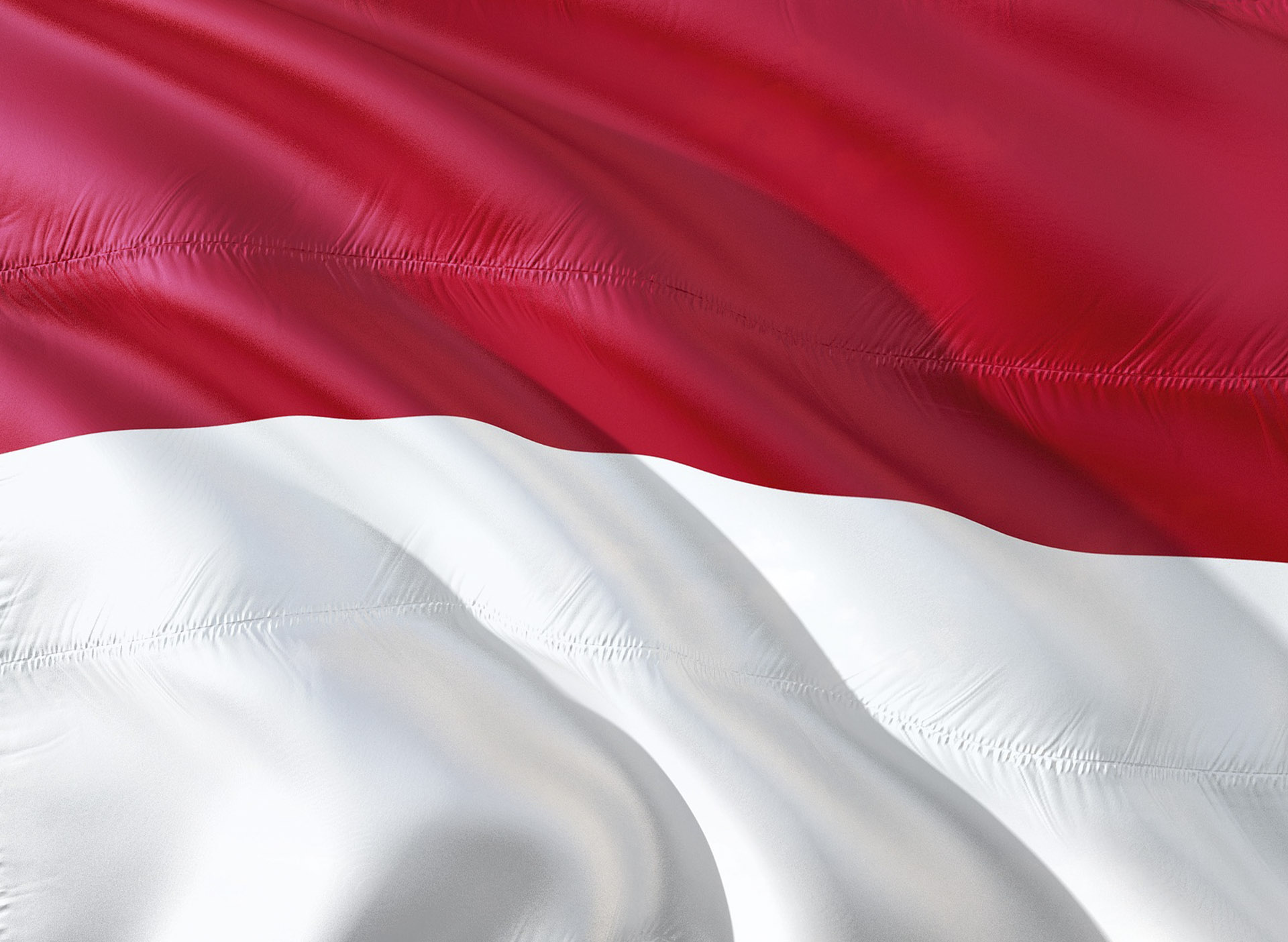



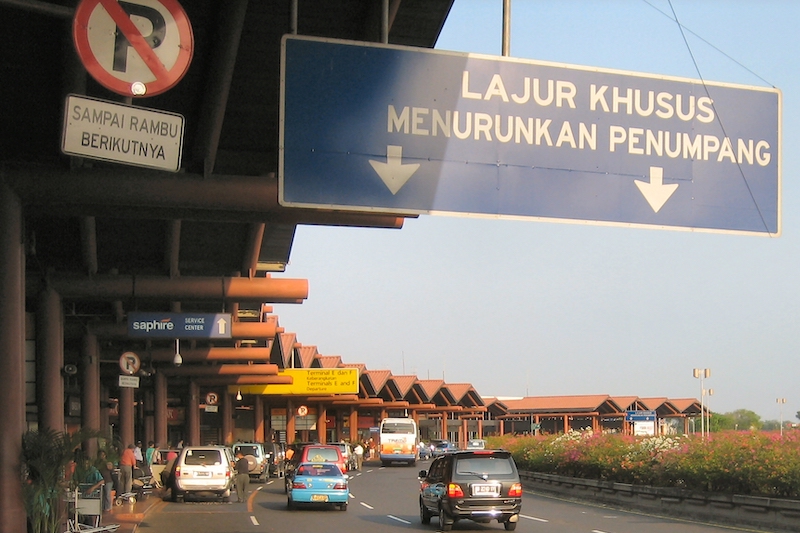
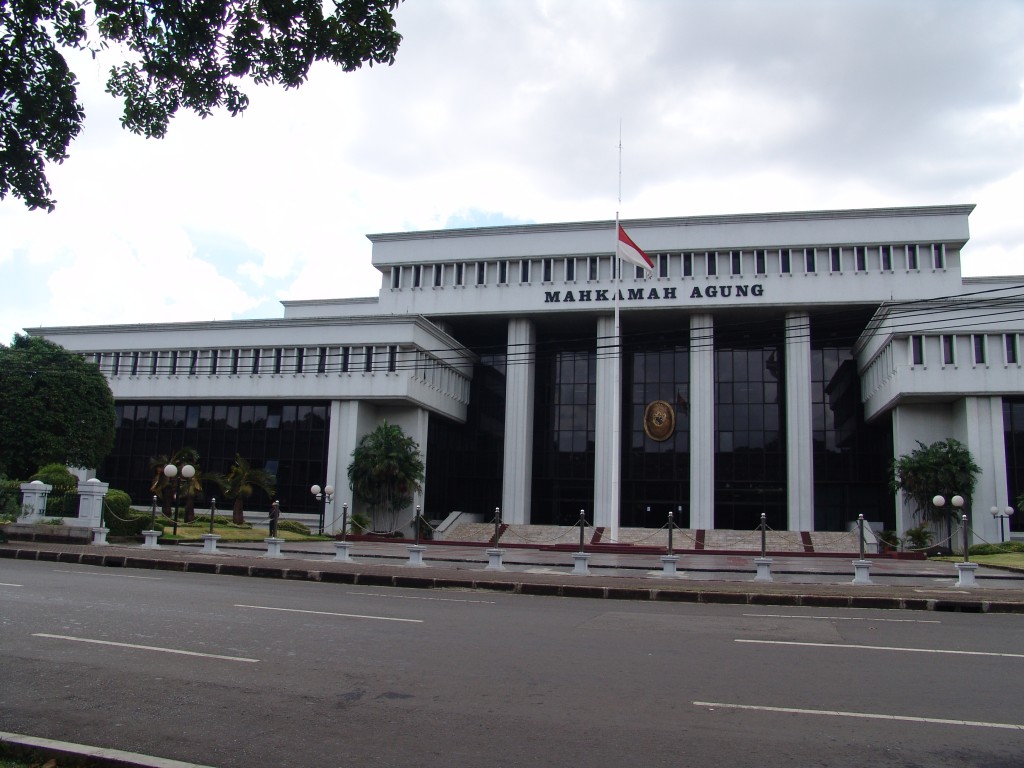












 Makarim & Taira S. (Old)
Makarim & Taira S. (Old) Rahayu Ningsih Hoed
Rahayu Ningsih Hoed



